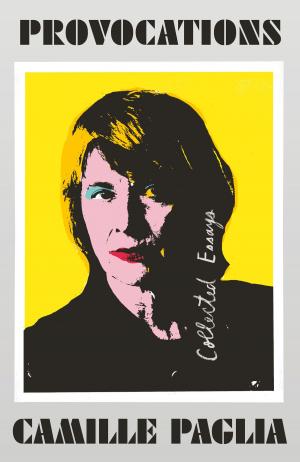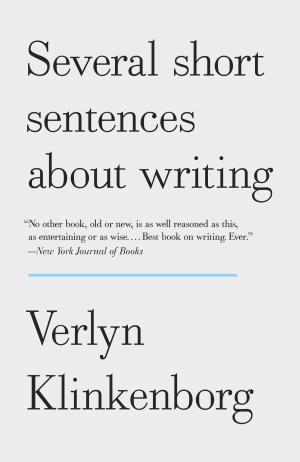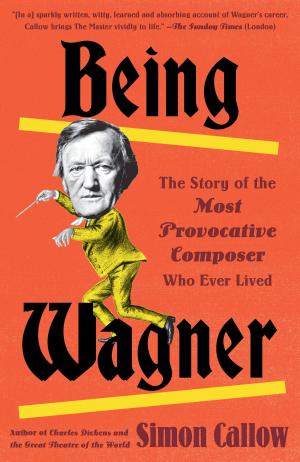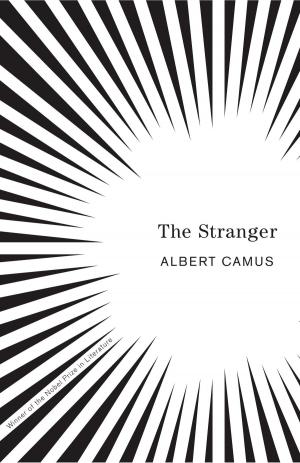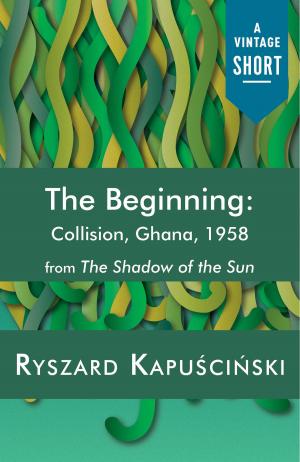Transmission and the Individual Remix
Nonfiction, Religion & Spirituality, Philosophy, Aesthetics, Fiction & Literature, Literary Theory & Criticism, Theory, Essays & Letters, Essays| Author: | Tom McCarthy | ISBN: | 9780345803276 |
| Publisher: | Knopf Doubleday Publishing Group | Publication: | June 4, 2012 |
| Imprint: | Vintage | Language: | English |
| Author: | Tom McCarthy |
| ISBN: | 9780345803276 |
| Publisher: | Knopf Doubleday Publishing Group |
| Publication: | June 4, 2012 |
| Imprint: | Vintage |
| Language: | English |
Sub-titled "How Literature Works" this essay by the renown novelist is a provocative and entertaining work of postmodern theory that re-evaluates literature and literary meaning from Aeschylus to Kraftwerk. A VINTAGE EBOOK ORIGINAL.
Tom McCarthy is one of the most vital young voices in contemporary literature, and in this essay he identifies the signals that have been repeating, pulsing, modulating in the airspace of the novel, poem, play—in their lines, between them and around them--since each of these forms began. Tom takes us back to the Greeks and the origins of literary meaning to show that information, rather than being a natural or abstract phenomenon, is always based in artificial media--in ones and zeros, dots and dashes, signals and noise. He takes us through Ovid, Rilke, Conrad, Joyce, Beckett, and others to re-imagine the very idea of what a writer does, and what the act of writing is. Rather than praising individual creative genius, Tom re-tunes our ears to the crackle of information as it has passed through the feedback loop of literary culture.
Sub-titled "How Literature Works" this essay by the renown novelist is a provocative and entertaining work of postmodern theory that re-evaluates literature and literary meaning from Aeschylus to Kraftwerk. A VINTAGE EBOOK ORIGINAL.
Tom McCarthy is one of the most vital young voices in contemporary literature, and in this essay he identifies the signals that have been repeating, pulsing, modulating in the airspace of the novel, poem, play—in their lines, between them and around them--since each of these forms began. Tom takes us back to the Greeks and the origins of literary meaning to show that information, rather than being a natural or abstract phenomenon, is always based in artificial media--in ones and zeros, dots and dashes, signals and noise. He takes us through Ovid, Rilke, Conrad, Joyce, Beckett, and others to re-imagine the very idea of what a writer does, and what the act of writing is. Rather than praising individual creative genius, Tom re-tunes our ears to the crackle of information as it has passed through the feedback loop of literary culture.




